One of the myths that new university students arrive with is the idea that, by the end of an undergraduate degree, they will be prepared to step into the future, equipped for whatever eventuality may come their way.
Given how, over recent decades, university education has been turned into a product – something to be bought and sold – it is hardly surprising that students might expect their education to come complete, gift-wrapped and with bells on. Trying to sell a degree as an undefined journey of exploration is harder now than ever it was in the heady days of the sixties and seventies.
It is tempting, as students file into the lecture theatre for the first time, laptops ready primed for an hour-long clandestine exploration of Tik Tok, to introduce them to Socrates. Socrates is widely understood to have said that his only claim to wisdom lay in knowing that he knew nothing. A bit of humility, at the start of an intellectual journey, is surely no bad thing?
Socrates is widely understood to have said that his only claim to wisdom lay in knowing that he knew nothing.
But I didn’t wave Socrates around to my students at the start. Beginning one’s teaching relationship by undermining one’s own credibility may be good philosophy, but it is bad psychology. Much better to let them figure this out for themselves over time. There can be quite a transformation through a degree.
Granted, there will always be some people who exit university thinking that having a few letters after their name means that they know everything worth knowing, and that they can lay down the law and expect the masses to accept it unquestioningly, but hopefully they are few and far between.
Mostly, I think, by the end of their undergraduate study, students have dimly begun to realise that they are only just beginning their journey. I know I did. I opted not to attend my BA graduation because I felt I had not completed anything yet – only to get roundly told off by my departmental head for denying my family the chance to celebrate!
But my point was valid. By the end of a first degree, you discover that things that seemed black and white when you were seventeen have morphed into a forest of greys. If you carry on to study for a postgraduate degree, as I chose to, the reality of this really hits home. Complexity and ambiguity are the handmaidens of postgraduate study.
For myself, I am not quite happy to claim Socrates’s studied ignorance. I have studied a great deal. It was hard, and some of what I learned, at least, has been stored away for possible future use. I have also discovered approaches to thinking and learning that have made me better at interpreting that material.
Nevertheless, I have decided that there is a basic ratio that underlies my learning, and it is this: for every one thing I learn, I discover twelve new things that I knew nothing about at all.
… for every one thing I learn, I discover twelve new things that I knew nothing about at all.
This is an average. If I’m looking at maths, the ratio is much higher. But overall, twelve to one resonates with my experience, as it resonates with history. Base twelve goes back, at least, to the Babylonians and originates from using your thumb to count the joints on the four fingers of the same hand. It’s also the system we use on analogue clock faces – so a handy number all round.
Overall, the effect of this twelve to one ratio is that the more I learn, the more ignorant I realise I am. It feels like snakes and ladders in reverse. I start out thinking that I am at the top, and then I slide progressively downwards, twelve rungs at a time.
Not that I end up knowing nothing. It’s just that, as I get older, I become ever more aware of how much I have yet to learn. This is probably what Socrates meant, but why not go and check that out for yourself? You will enjoy discovering twelve new philosophical insights, I’m sure.
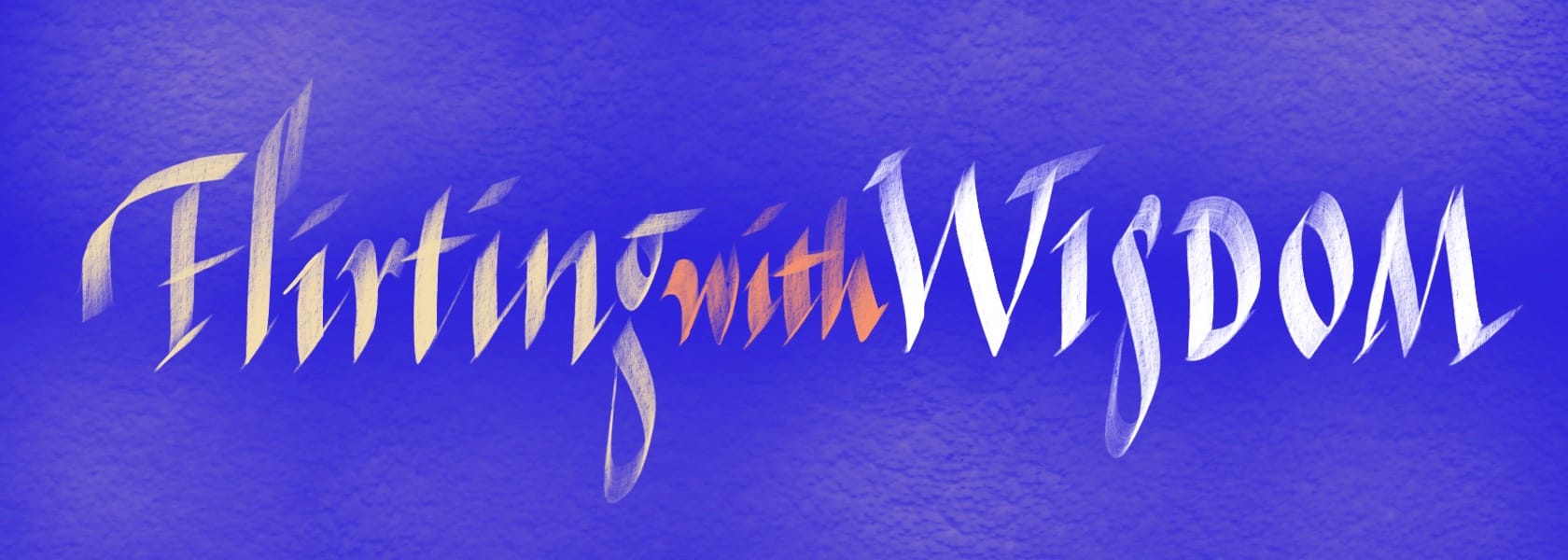
Each vignette invites readers to embrace the beauty of unfinished thinking and the art of holding life’s ongoing questions.



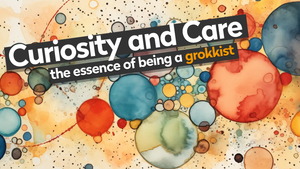



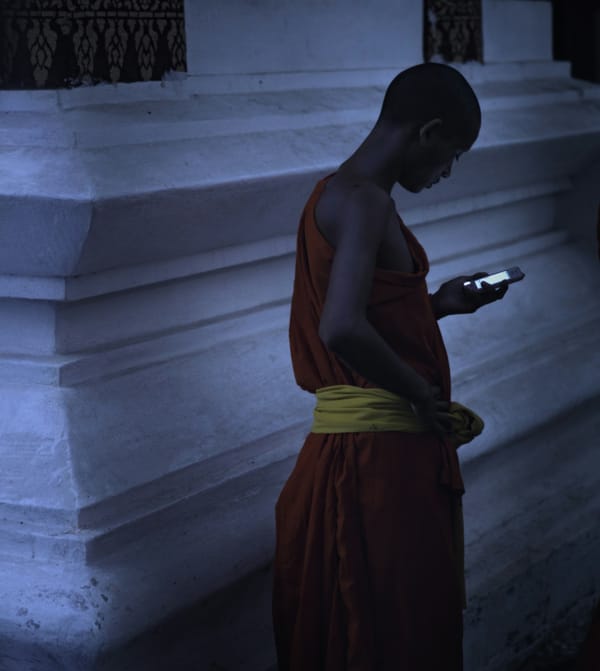

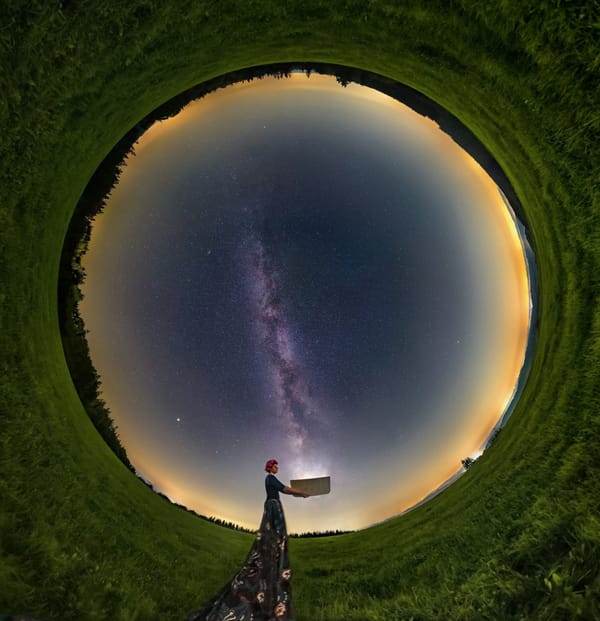
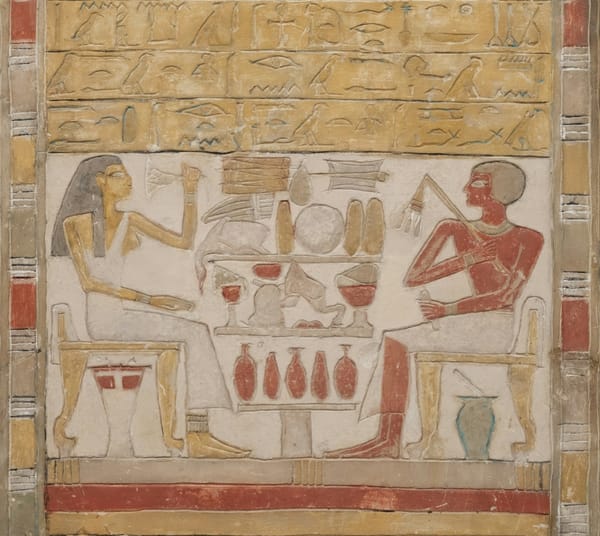
Member discussion